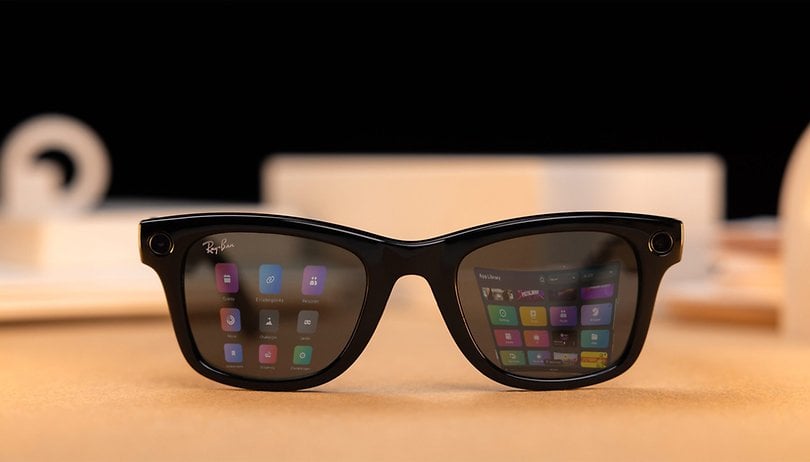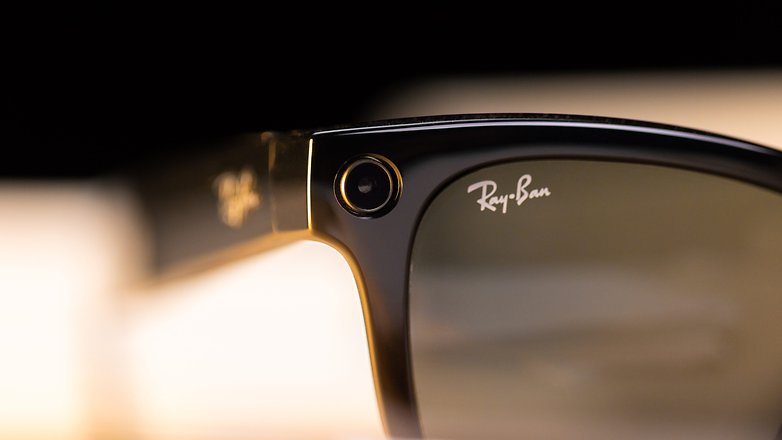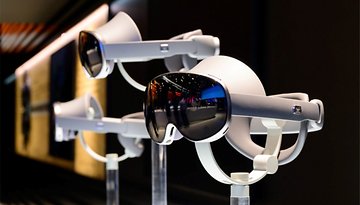Meta's Bold Move: Switching to MediaTek for Their Next-Gen Ray-Ban Smart Glasses


Read in other languages:
Before Meta has partnered with Qualcomm for powering its XR and VR headsets, the company did try to develop its custom chipsets. However, its venture was quick to end for uncertain reasons. Meta has confirmed that it's tapping MediaTek to make chips for its future AR glasses, and might include the successor to Ray-Ban Meta (review).
The team-up between the Taiwanese chipmaker and the owner of Facebook was announced during the recently held MediaTek Summit. It is also at the same event the new flagship MediaTek 9300 SoC was announced.
Meta's Ray-Ban 3 may be the first to run on MediaTek SoC
Apart from the initiative, much of the details are still kept under wraps. The only clear path given is that Meta will help MediaTek to design the metaverse-ready silicon which will power its upcoming full-fledged AR glasses. It is even possible that the third-gen Ray-Ban Meta with AR capabilities and display, a step-up to the current camera-strapped Ray-Ban Meta, may first to be equipped with such component.

As for the device, it is rumored that Meta has plans to launch smart glasses with a 'viewfinder' display and on-board computational AI features in 2025, so it's likely that this refers to the third gen or Ray-Ban Meta 3 glasses.
Before Meta, MediaTek was already no stranger when it comes to making AR/VR chipsets. The Taiwanese company developed the integrated processor that powers Sony's PSVR 2 VR headset for PlayStation 5. At the same time, it also corroborated with Google back in 2018 for use of MediaTek chips on AR applications in mobile.
Currently, the Ray-Ban Meta smart glasses are powered by Qualcomm's Snapdragon AR1 platform and most of the functions of the wearable are limited to taking pictures and videos with no augmented uses. Thus, it would be interesting to see why Meta is shifting from Qualcomm to MediaTek for the chipset choice of its forthcoming AR glasses, or at least adding the latter as another provider.
Would you think of buying Meta's AR smart glasses than any of its VR glasses in the future? Tell us your thoughts in the comments.
Via: The Verge













